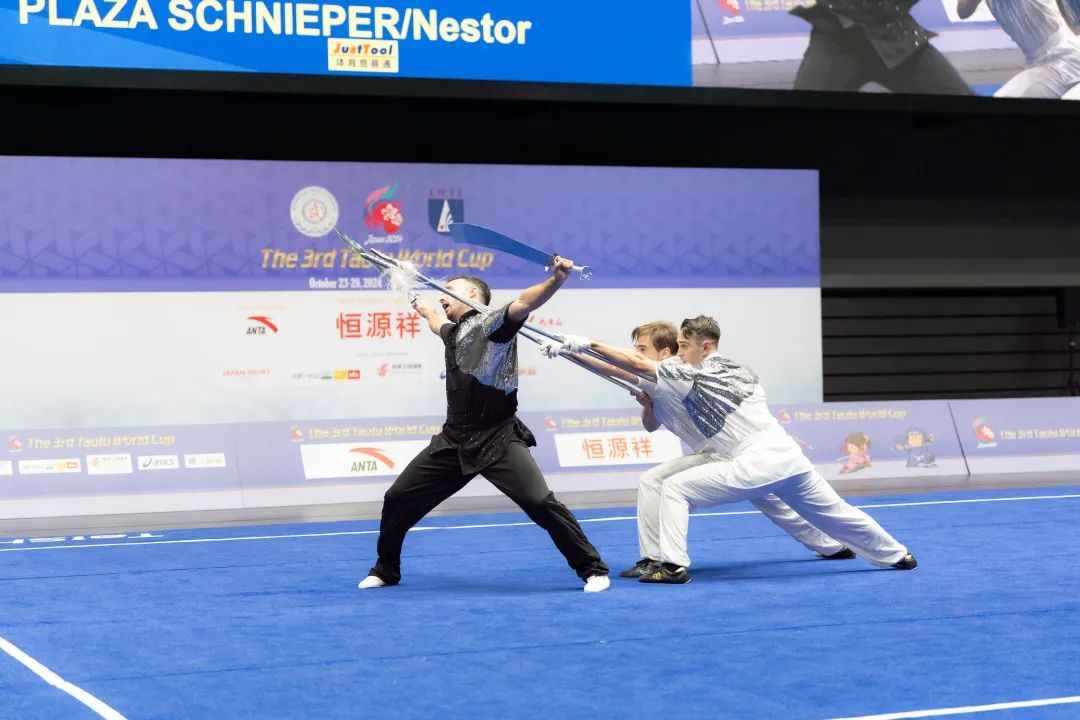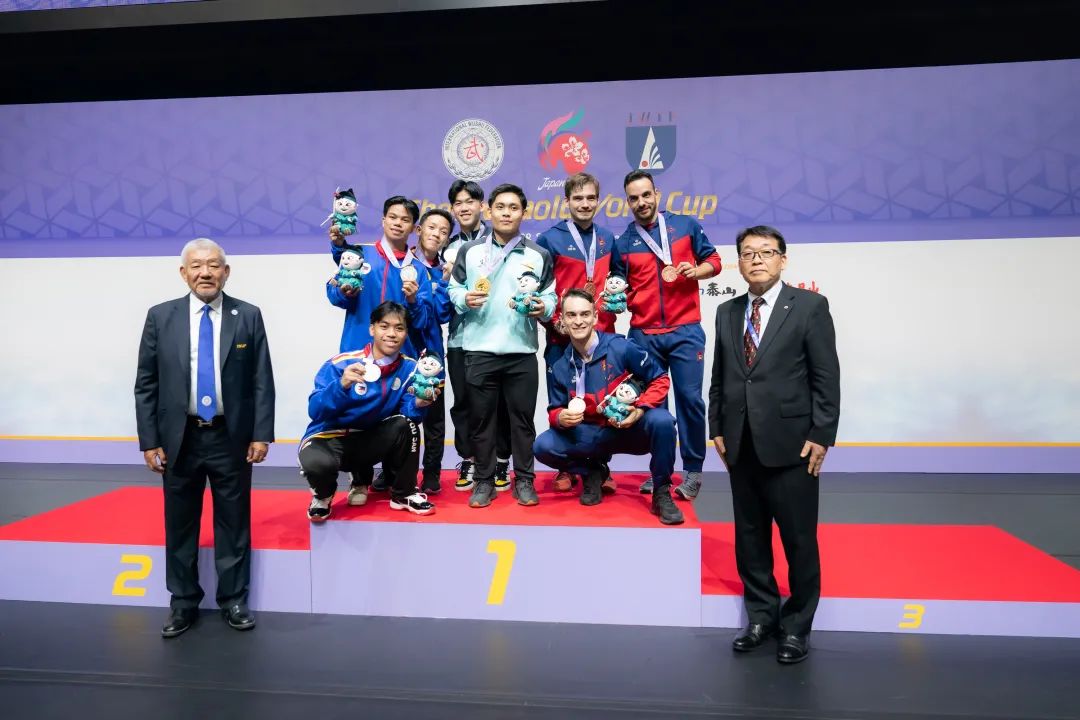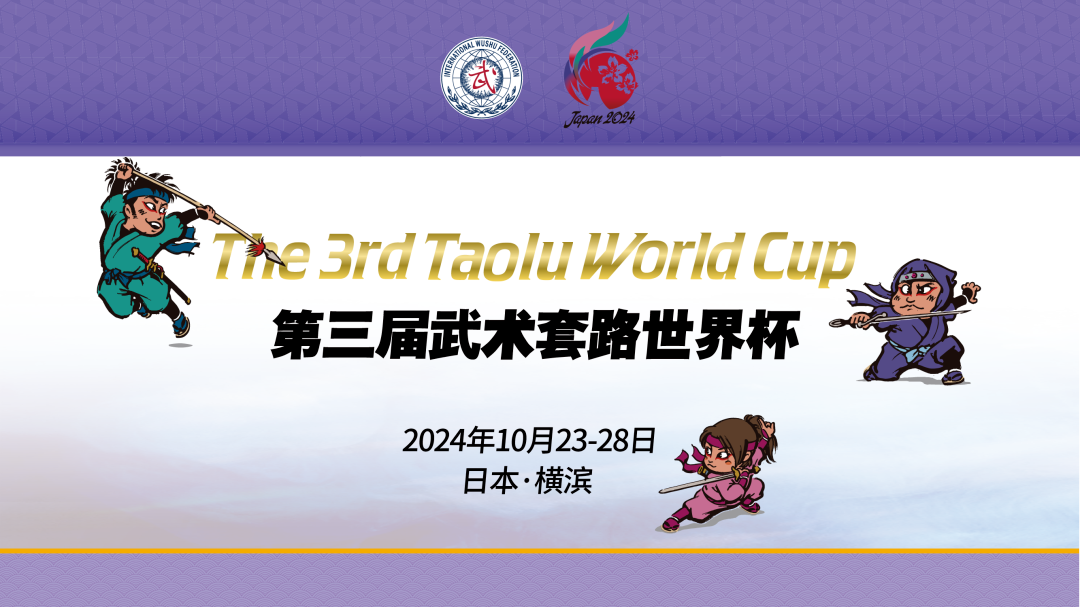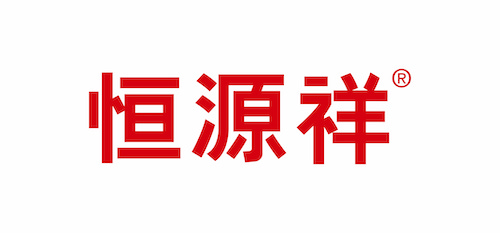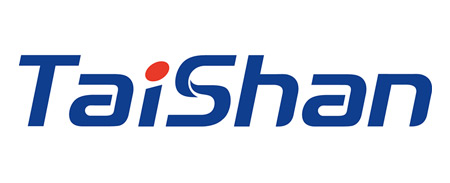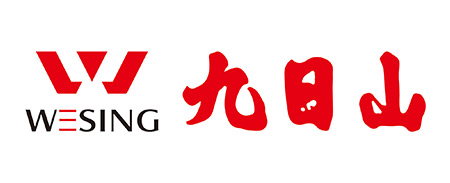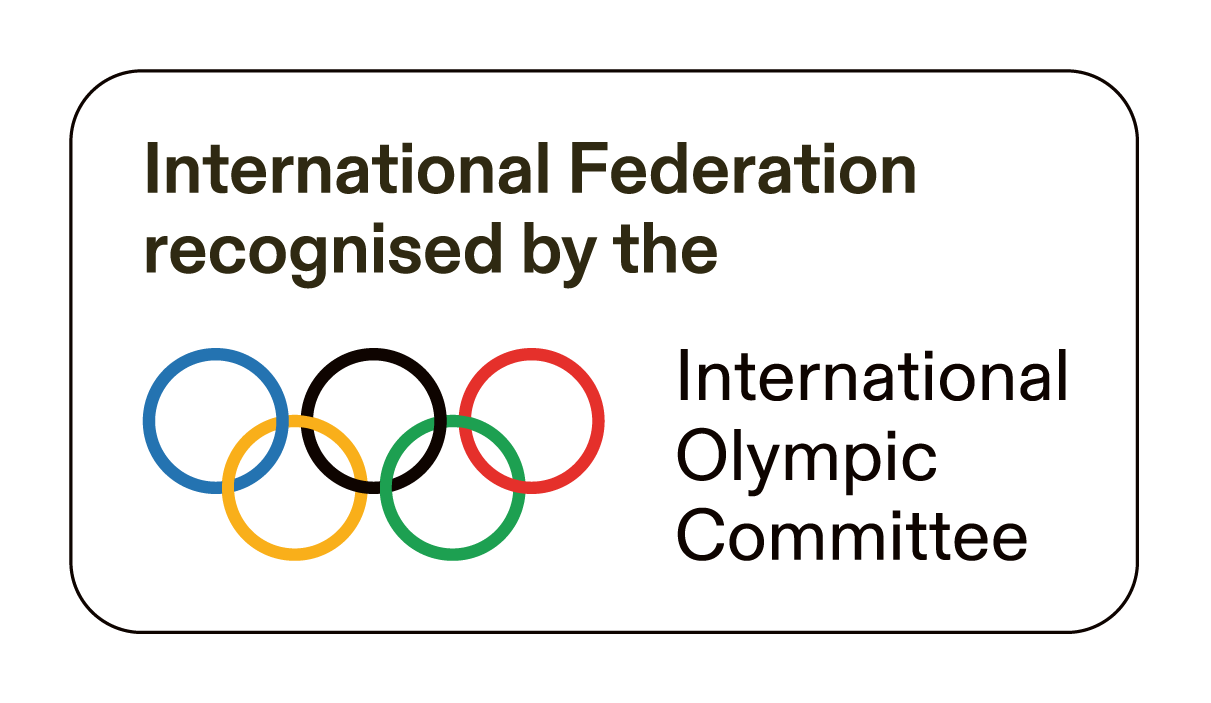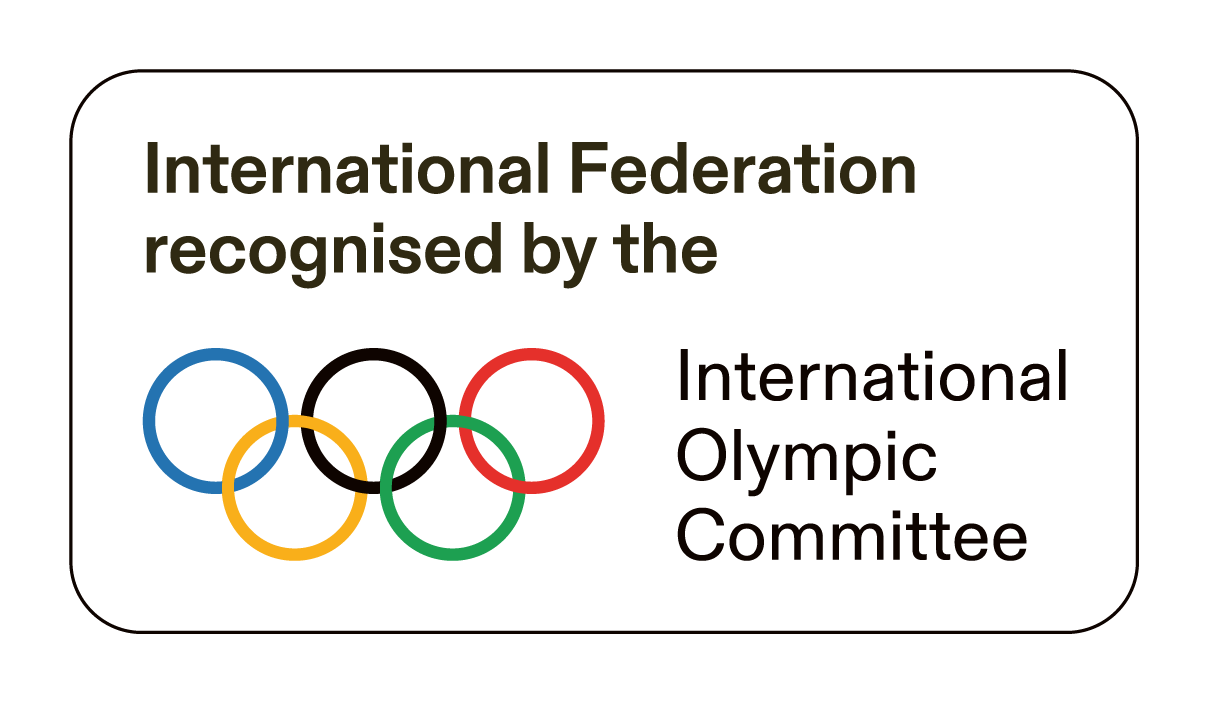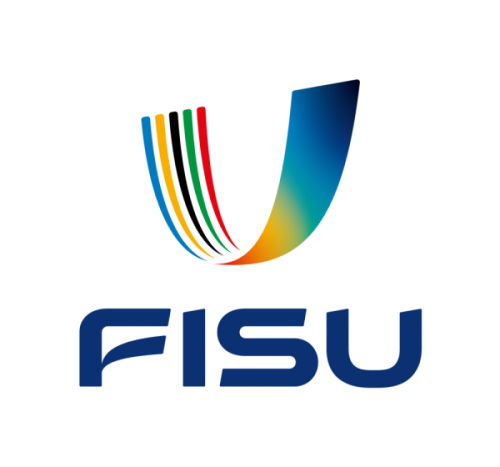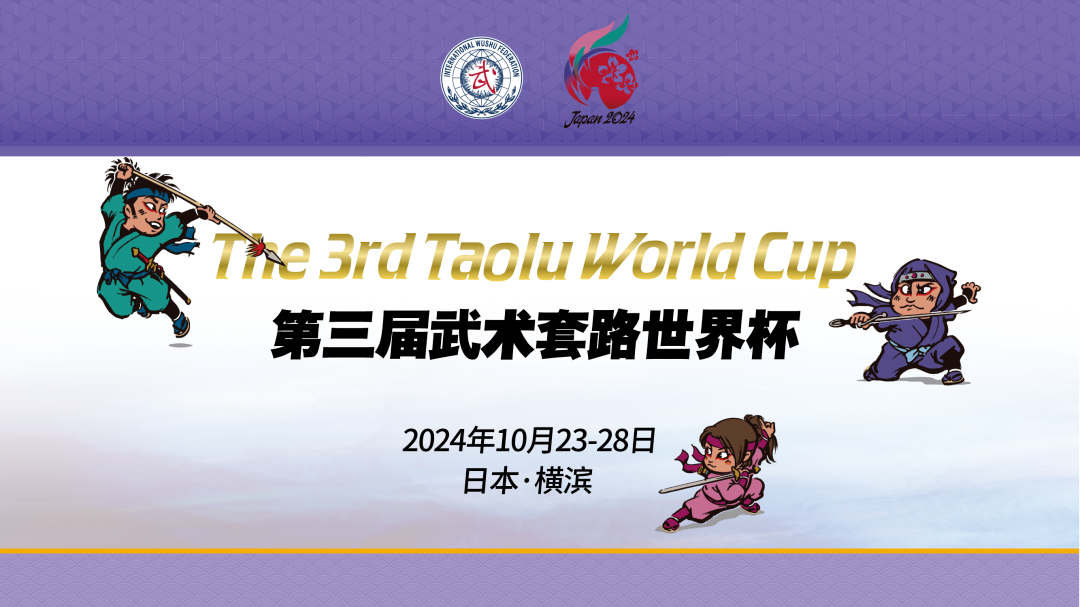
The 3rd Wushu Taolu World Cup
On October 27th, the 3rd Taolu World Cup concluded at the Yokohama Bunka Gymnasium in Japan. Hosted by the International Wushu Federation and organized by the Japan Wushu Taijiquan Federation, this Taolu World Cup attracted more than 120 athletes from 27 countries and regions.
The Taolu World Cup is an official event of the International Wushu Federation, held every two years. It is a top stage for elite wushu taolu athletes from around the world to showcase their skills and exchange experiences. This event brought together the top eight athletes from each taolu event of the 16th World Wushu Championships and the champions of each taolu event from the 2024 International Wushu Invitational Tournament. A total of 22 competition events for men and women were set up, and after two days of intense competition, 22 gold medals were awarded.
The 3rd Taolu World Cup Medal Table
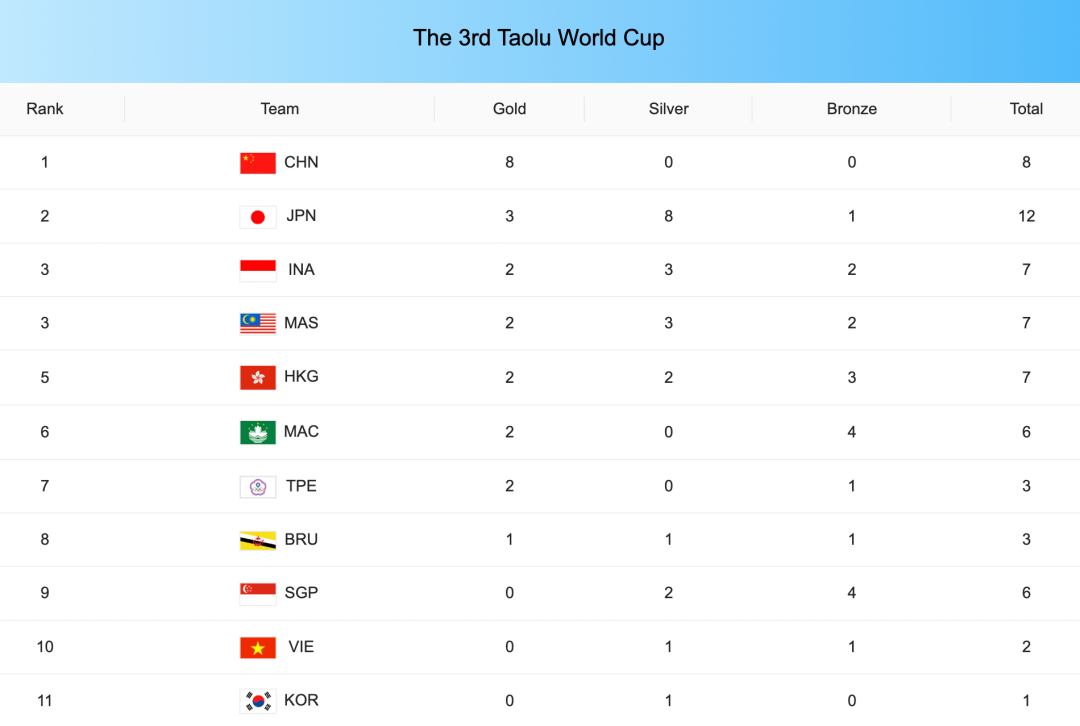

In the medal standings, a total of 15 countries and regions have won medals. Team China topped the medal table with 8 gold medals with their outstanding performance; while the host country Japan followed closely with 3 gold, 8 silver, and 1 bronze medals, ranking second. Indonesia and Malaysia teams both secured 2 gold, 3 silver, and 2 bronze medals, sharing the third spot. Additionally, Hong Kong, China, Macau, China, and Chinese Taipei teams each won 2 gold medals; Brunei team also claimed 1 gold medal. Meanwhile, Singapore, Vietnam, Republich of Korea, Philippines, Spain, Nepal, and the United States teams also won medals in the competition, showcasing the wide influence and international participation of wushu.
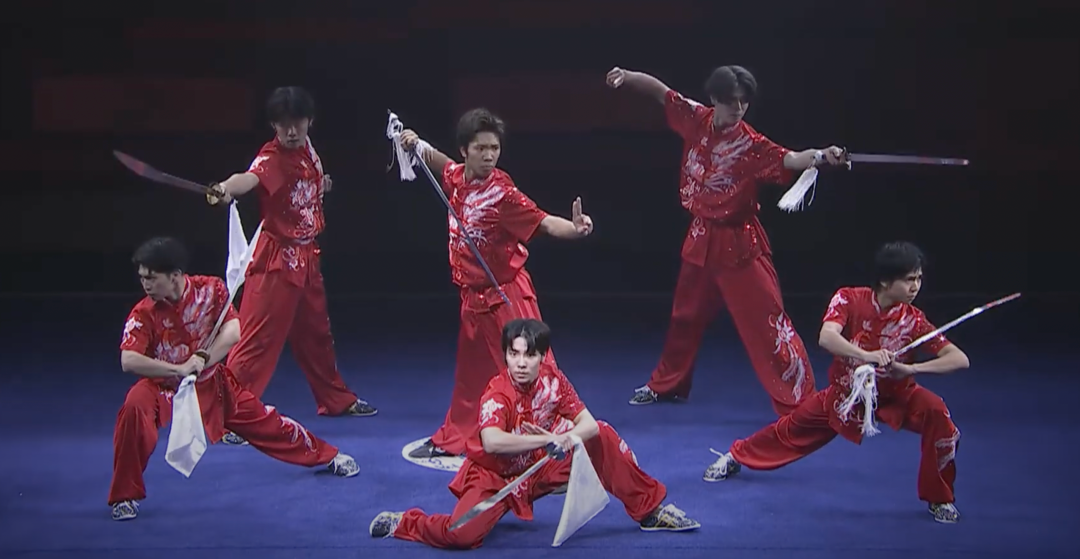
This event has seen a significant enhancement in its sports displays, deepening the audience's understanding and appreciation of wushu taolu through detailed introductions to each event. In between the competitions and award ceremonies, the organizing committee curated a variety of artistic performances that skillfully integrated the essence of wushu with unique Japanese cultural elements, providing a rich visual and cultural experience for all attendees.
It is worth mentioning that wushu has become an official competition event at the 2026 Dakar Youth Olympic Games. Tania Tchea, an official from the International Olympic Committee's Sports Department, attended the Wushu Taolu World Cup, demonstrating the IOC's attention and expectations for wushu. This has injected more confidence and motivation into the upcoming debut of wushu at the 2026 Youth Olympic Games.
The Yokohama Bunka Gymnasium, the event’s vevue, holds a special connection to wushu, having witnessed the inaugural Asian Wushu Championship in September 1987. This year, the newly renovated gymnasium welcomed the World Cup, providing an excellent venue for the event. It was heartening to see the local Japanese community embrace the occasion, resulting in a full house filled with enthusiastic cheers and applause, creating an extraordinary atmosphere for all.
In addition, this event was live-streamed with bilingual commentary in Chinese and English on various domestic and international media platforms such as Wushu TV, Facebook, Tencent Sports, WeChat Video Account, Tiktok, Weibo, and Bilibili, transcending geographical boundaries and allowing wushu enthusiasts worldwide to witness the battles among taolu athletes together.
News on the second day of the 3rd Taolu World Cup
On the second day of the competition, there were 12 events including women's nanquan, men's gunshu, women's daoshu, men's jianshu, women's taijijian, men's nanquan, women's gunshu, men's daoshu, women's qiangshu, men's taijiquan, women's duilain, and men's duilian, resulting in 12 gold medals being awarded.
Team China won 4 more gold medals, with Liu Xin winning the gold medal in the women's daoshu with a score of 9.796, Dai Dandan winning the women's taijijiant with a score of 9.800, Liu Zhahe winning the gold medal in the men's daoshu with a score of 9.800, and Lu Xiangcheng winning the men's taijiquan with a score of 9.800.
The Indonesian team won two gold medals, with Tasya Ayu Puspa Dewi scoring 9.773 to win the women's nanquan, and Eugenia Diva Widodo scoring 9.770 to win the women's gunshu. In addition, team Hong Kong, China won two gold medals, with Chi Lung Lau scoring 9.780 to win the men's nanquan, and Hui Yu Lydia Sham scoring 9.753 to win the women's qiangshu.
The host team Japan won a gold medal, with Maho IMAI winning the men's gunshu event with a score of 9.773. Malaysia also secured a gold medal, with Weng Son Wong scoring 9.773 to claim the men's jianshu championship. Team Macau, China won a gold medal, with Cho Man Sou and Weng Lan Wong scoring 9.533 to win the women's duilian event. Brunei also won a gold medal, with Majdurano Joel Bin Majalla Hsain and Abel Wee Yuen Lim scoring 9.683 to win the men's duilian event.
The second competition day: top three of each event
Women’s Nanquan

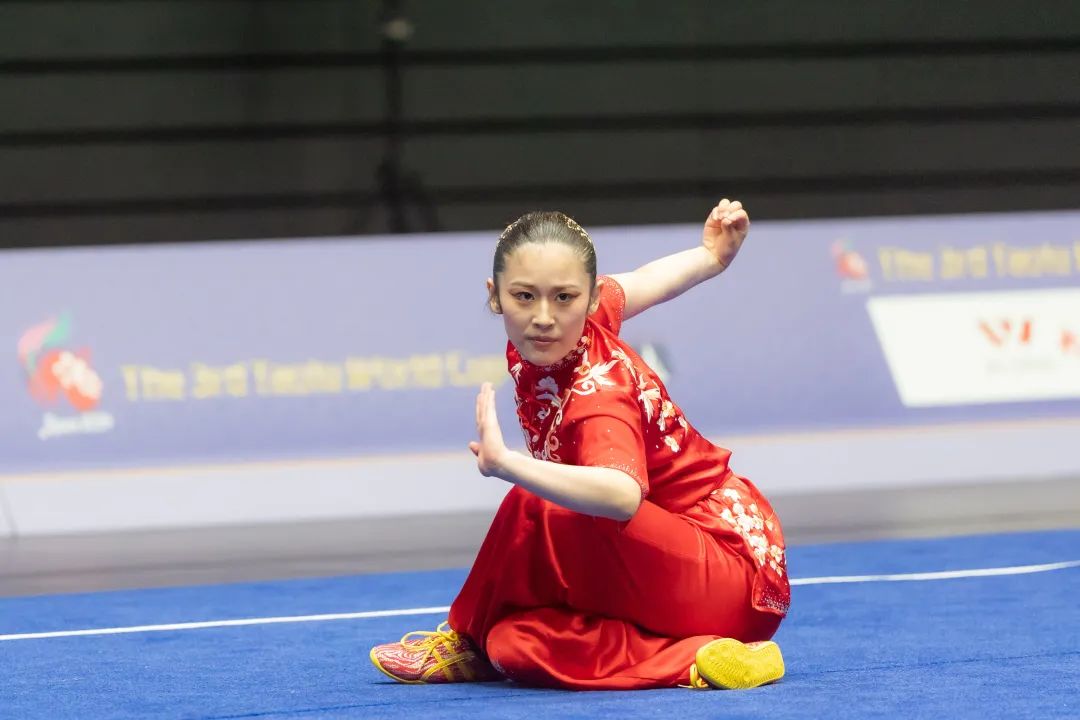
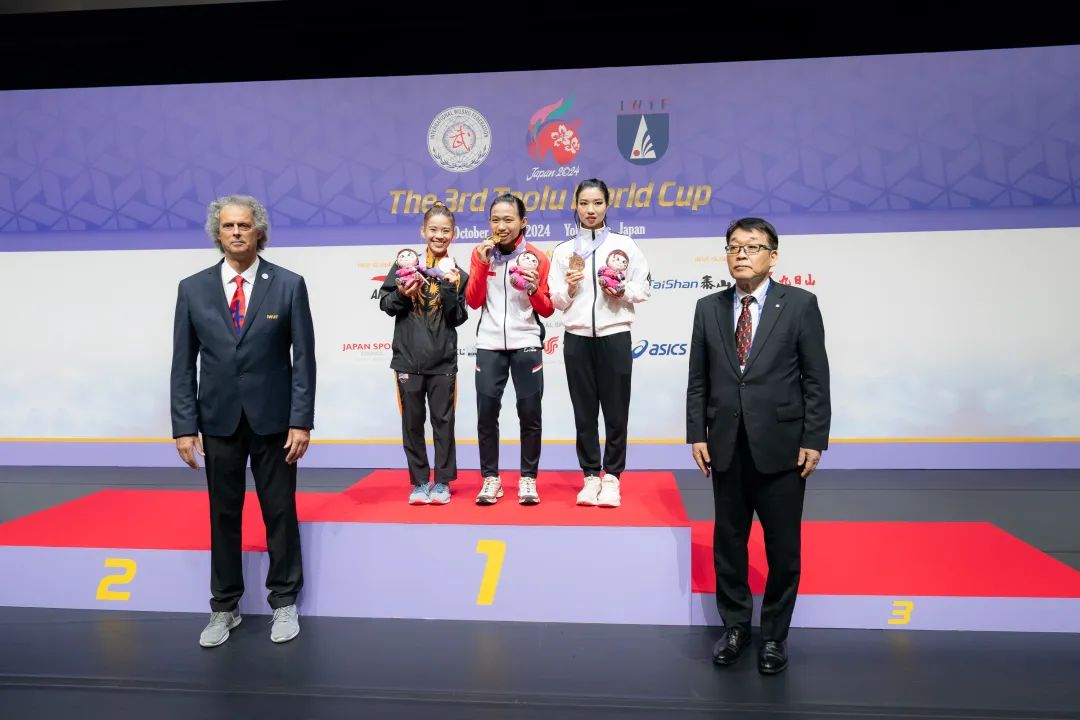
Men’s Gunshu

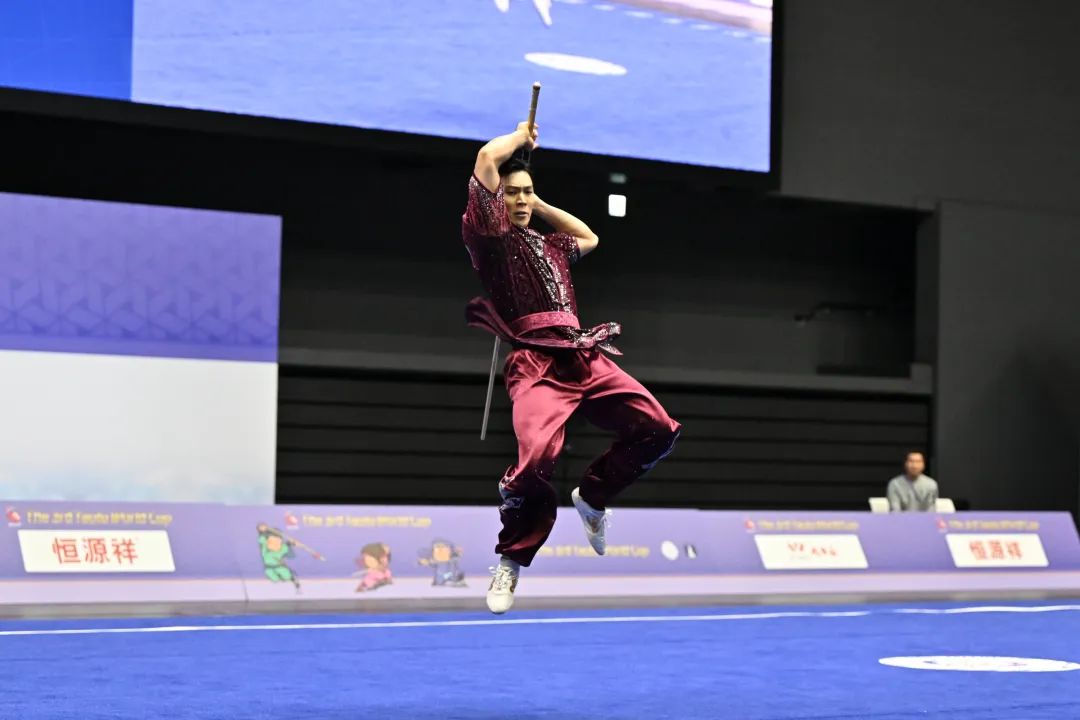
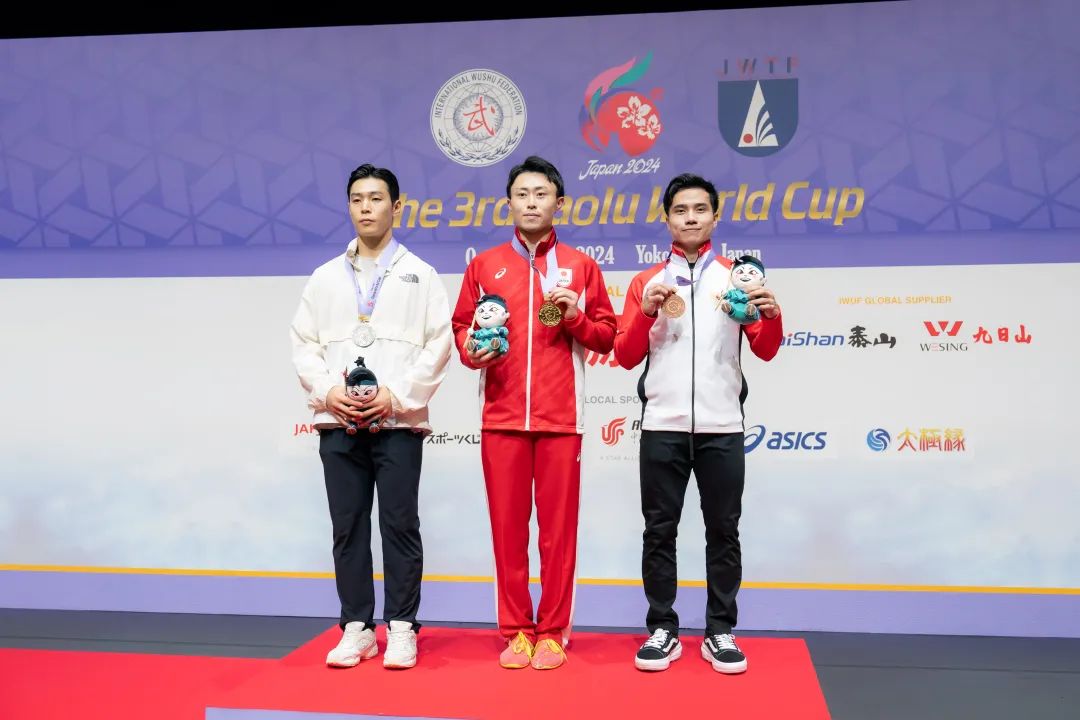
Women’s Daoshu

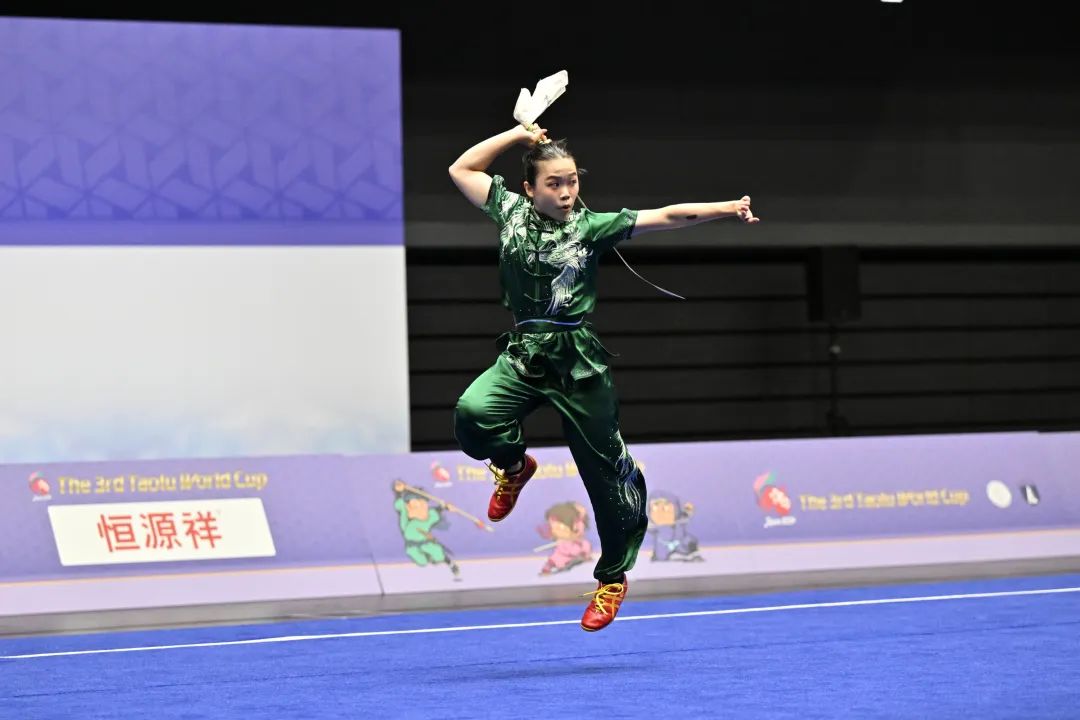
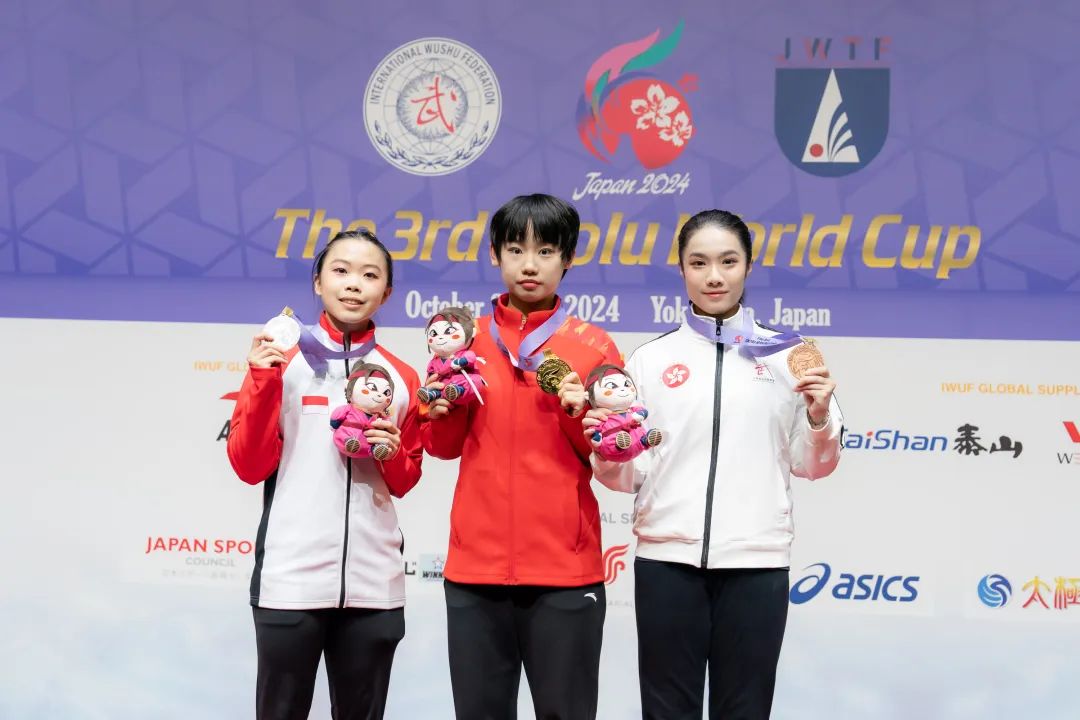
Men’s Jianshu

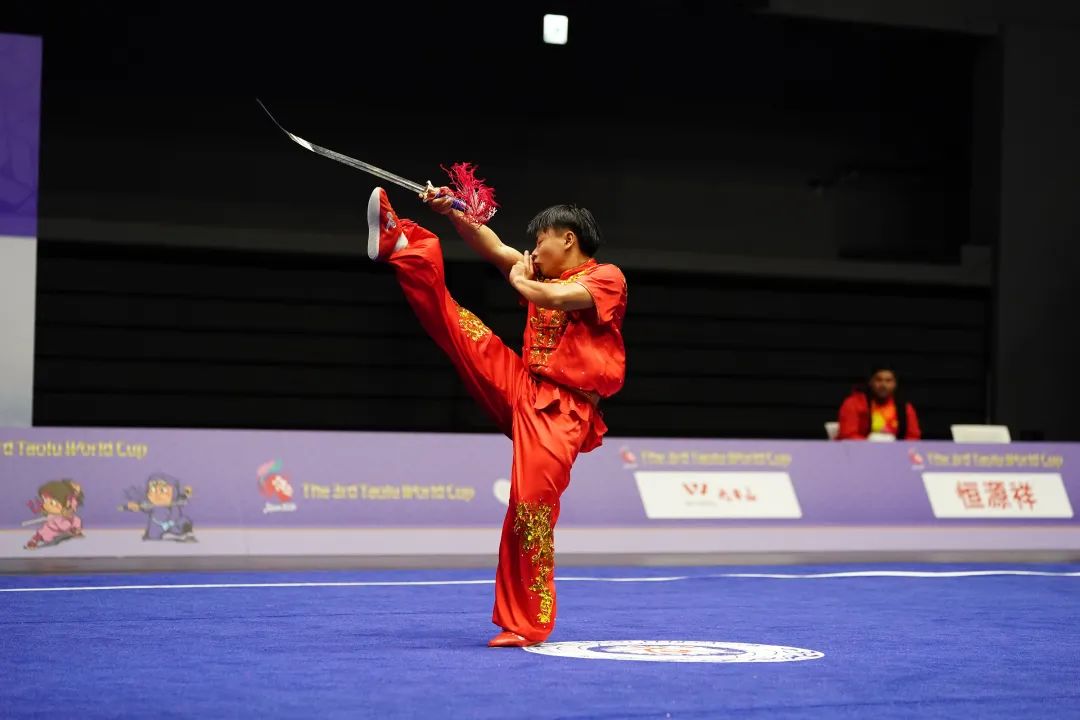
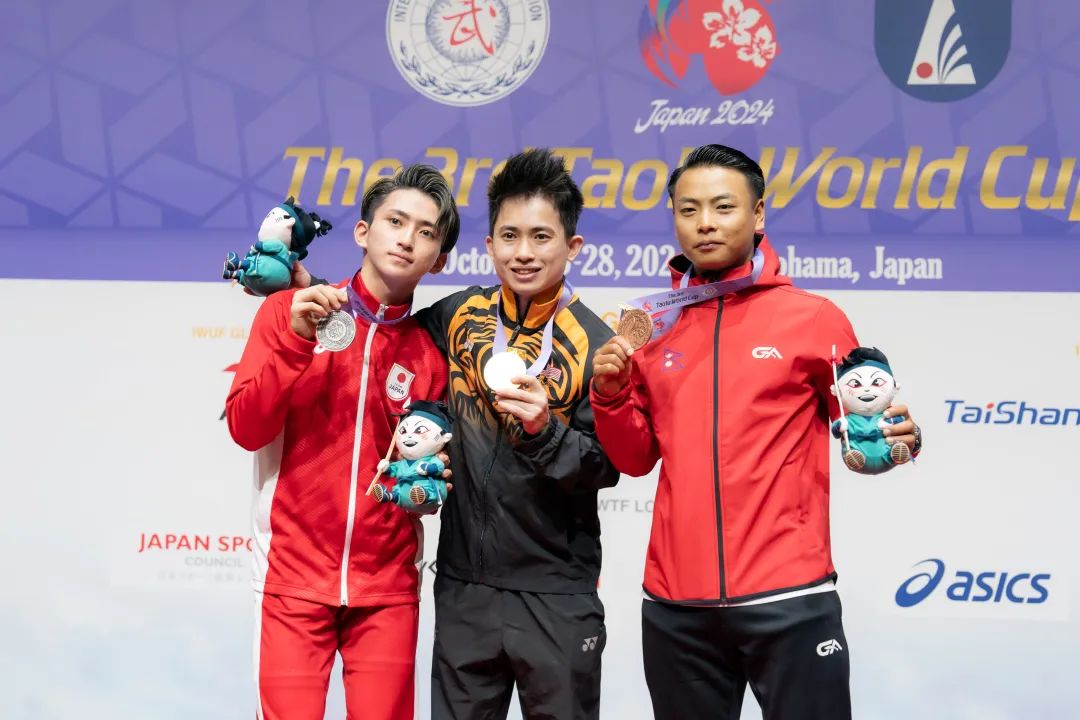
Women’s Taijijian

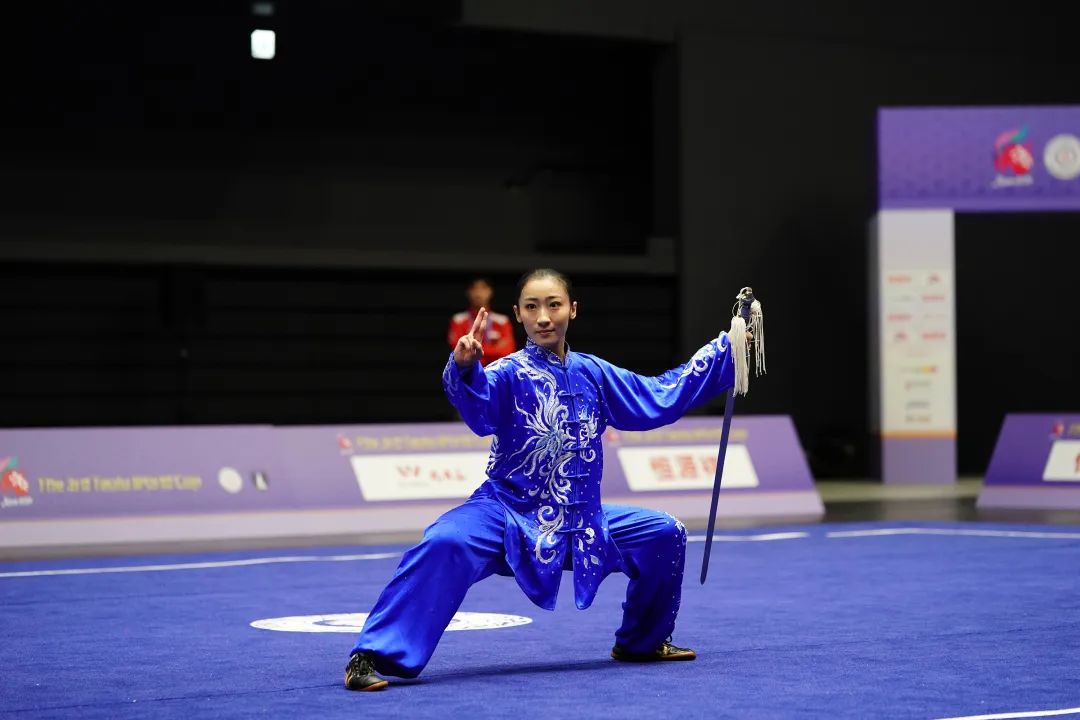
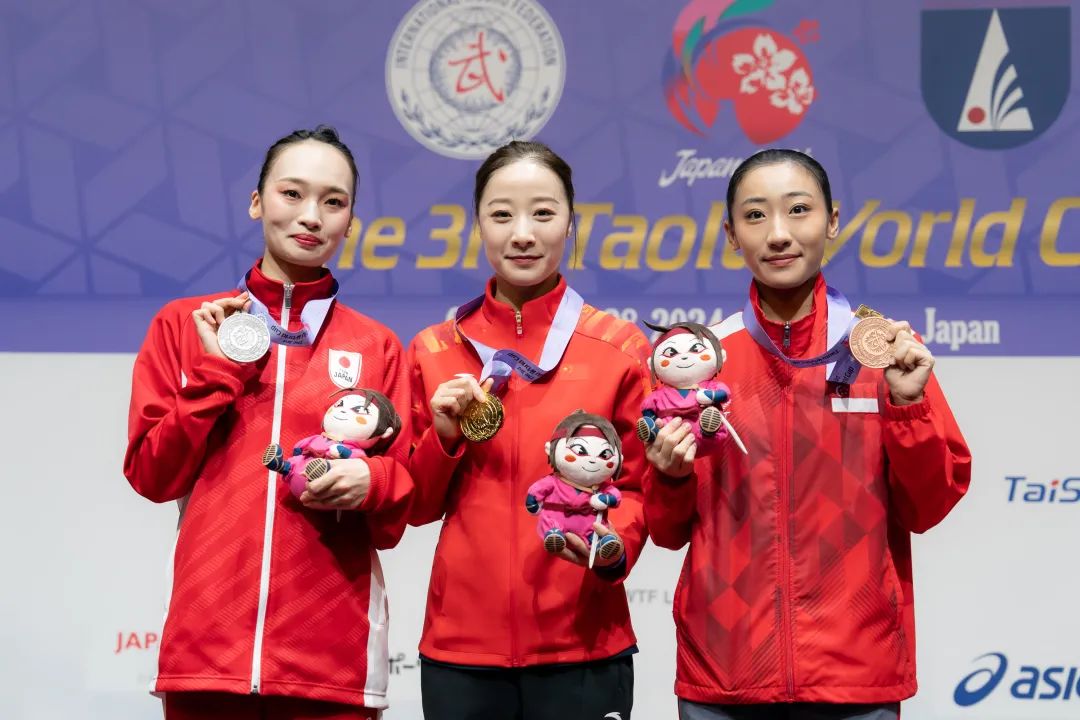
Men’s Nanquan

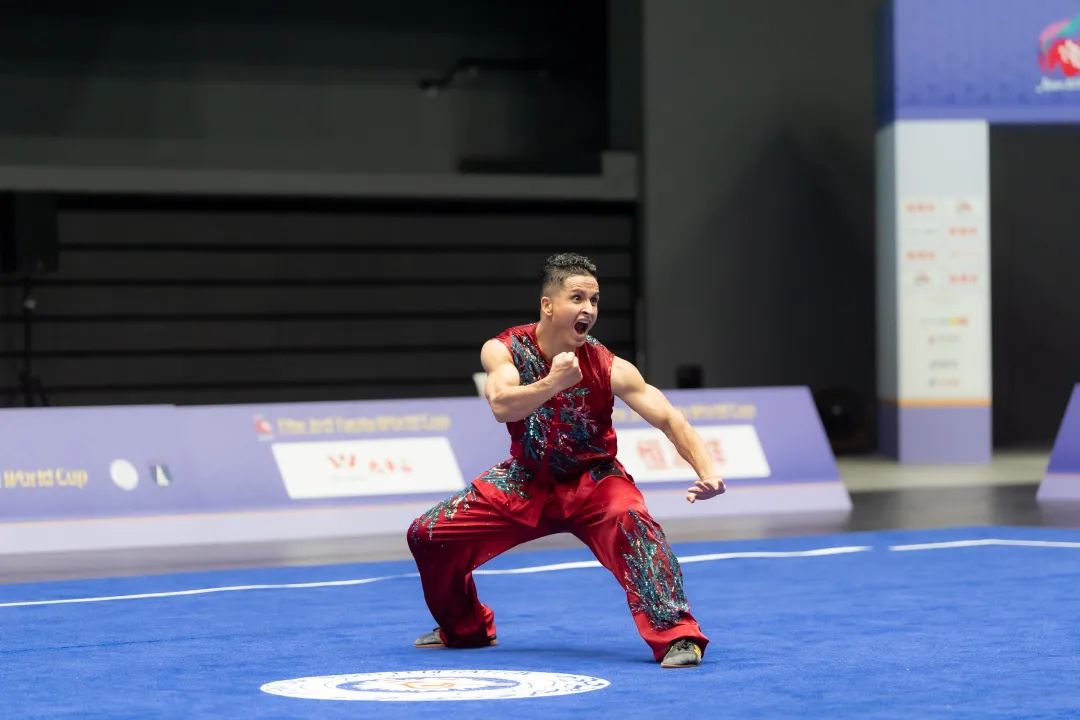
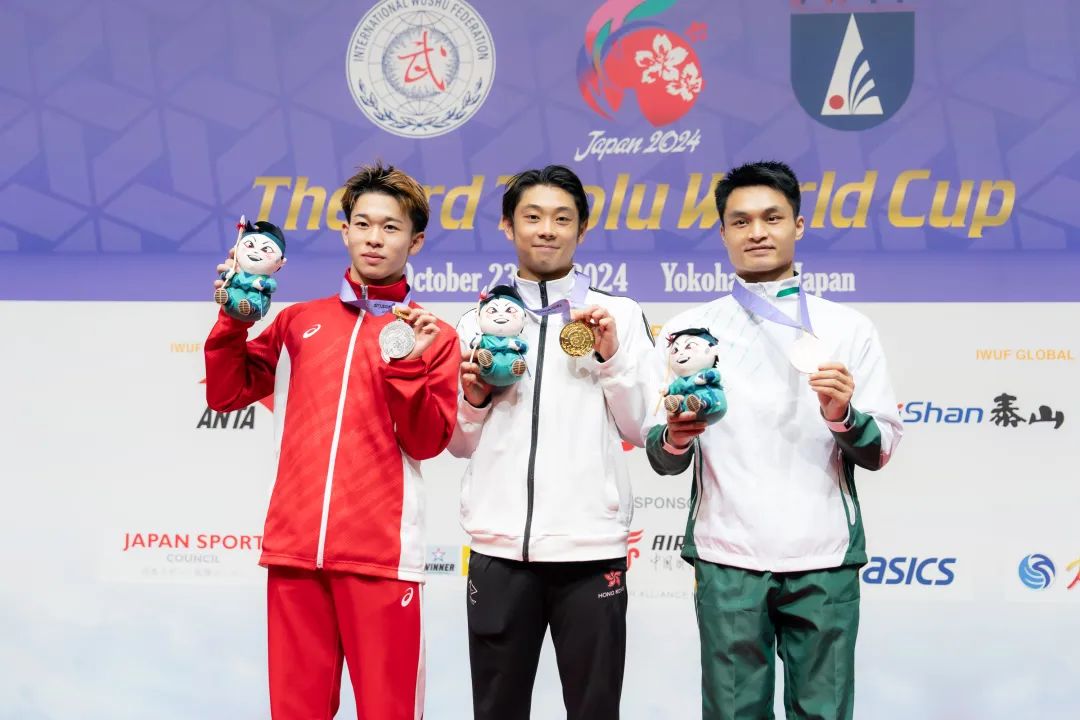
Women’s Gunshu

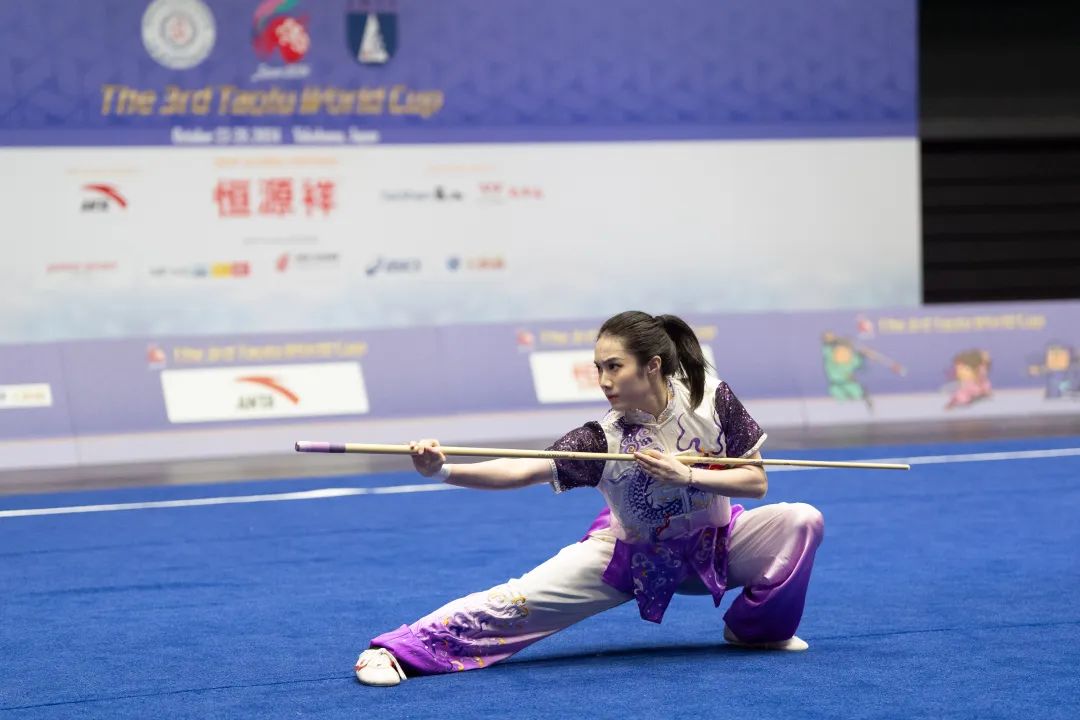
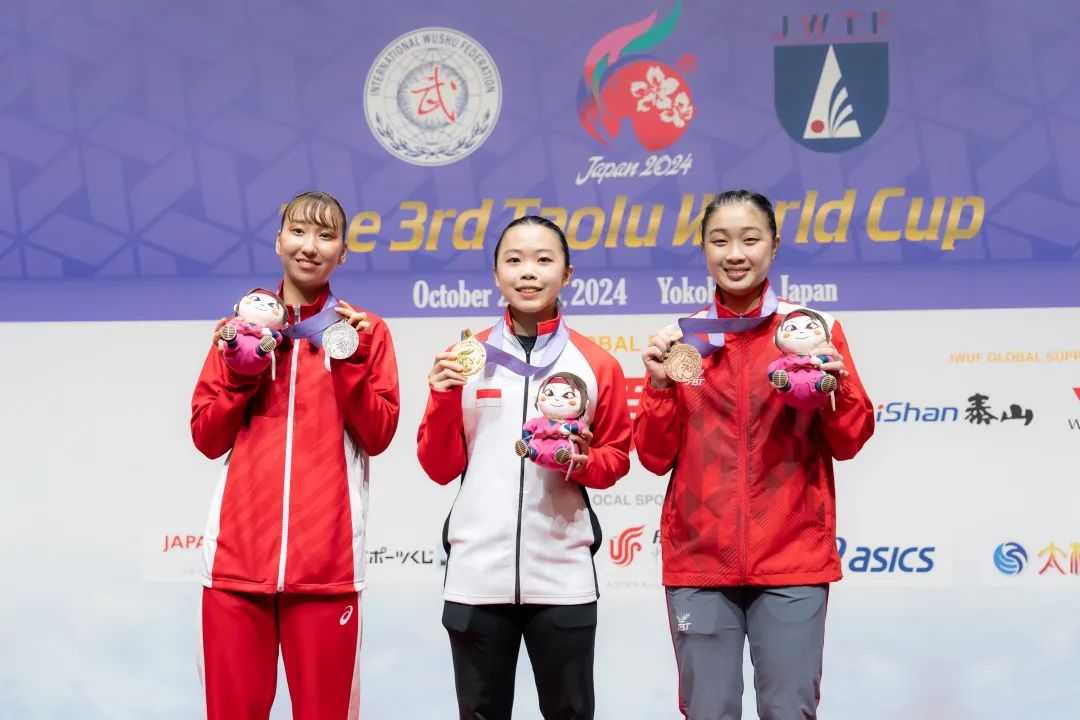
Men’s Daoshu

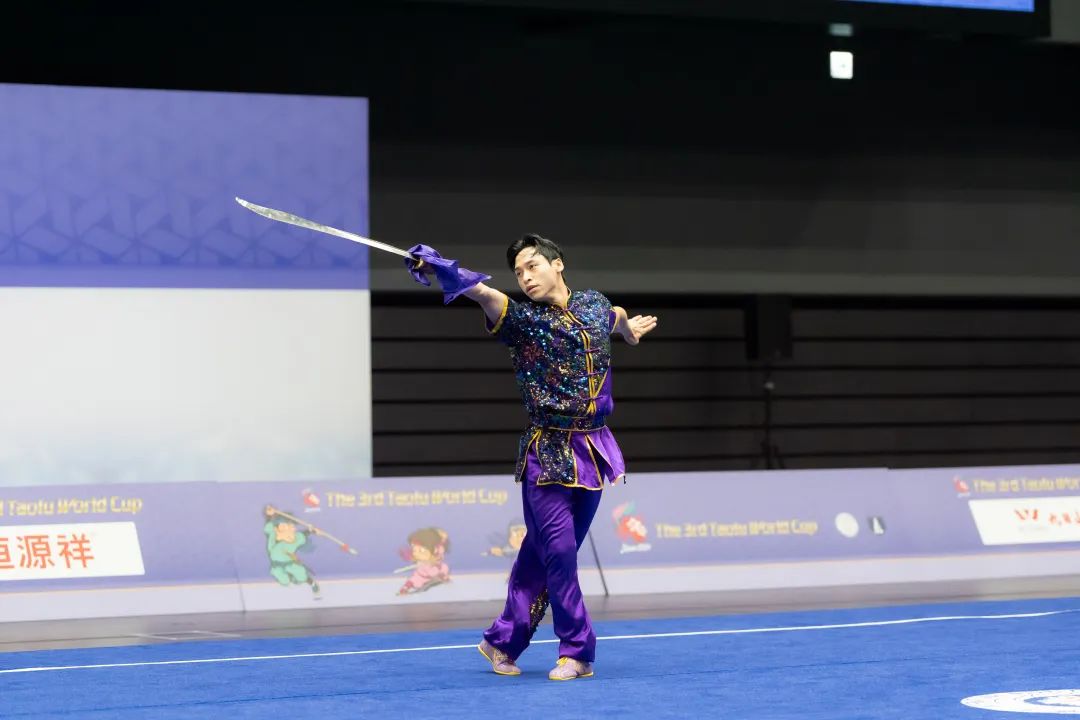
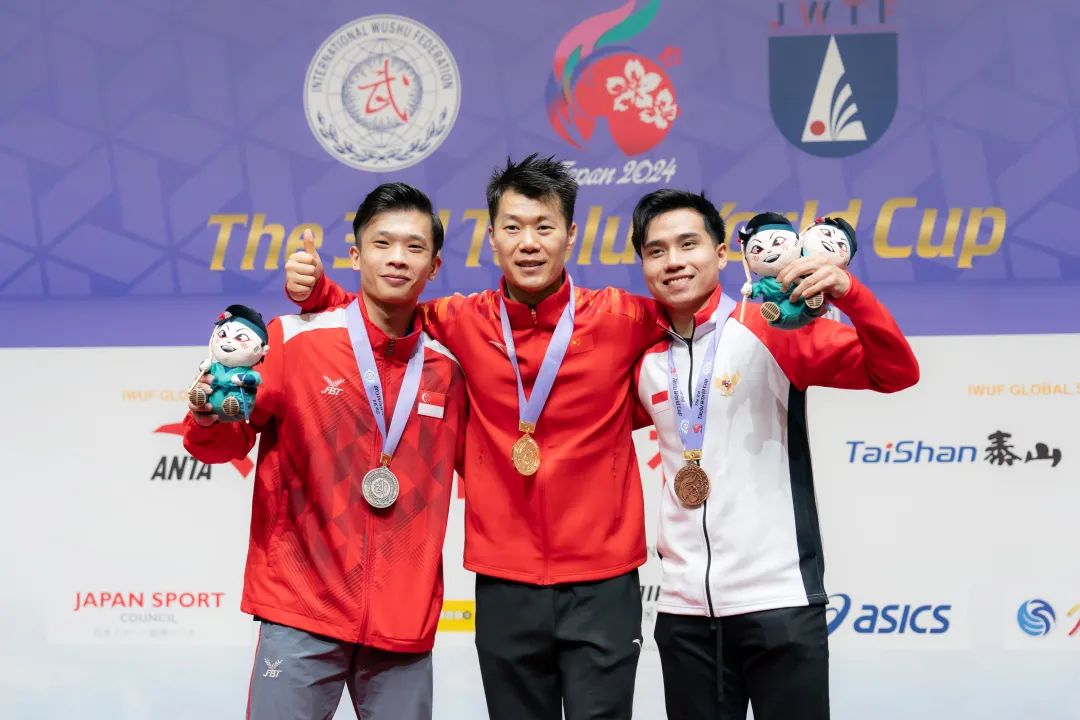
Women’s Qiangshu

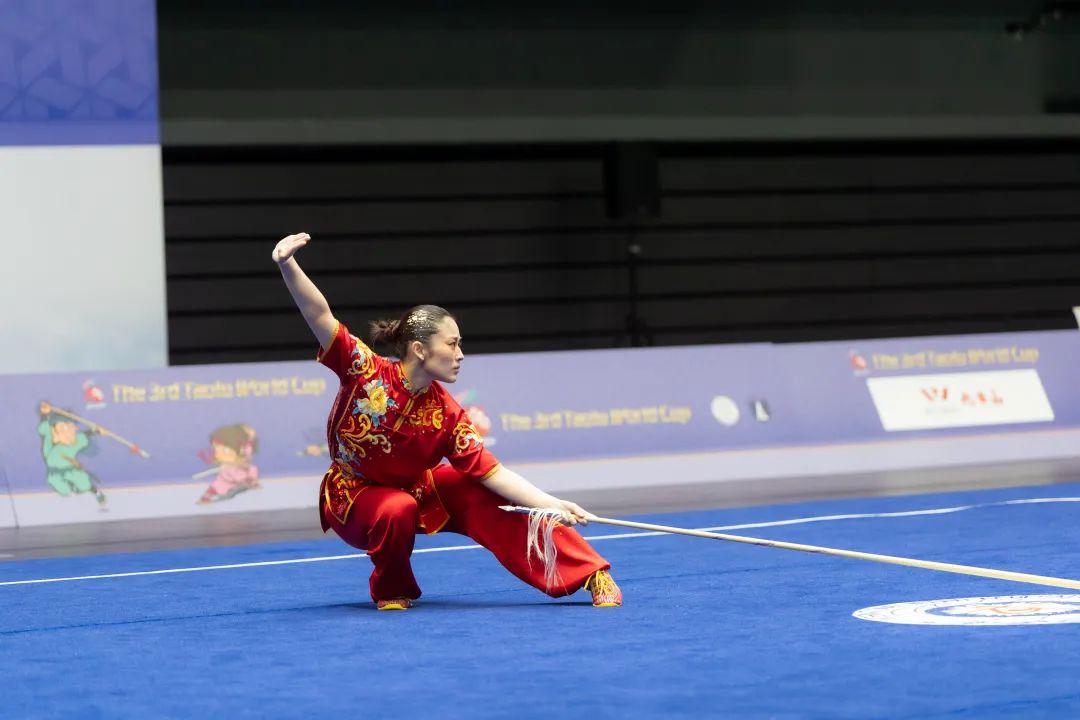
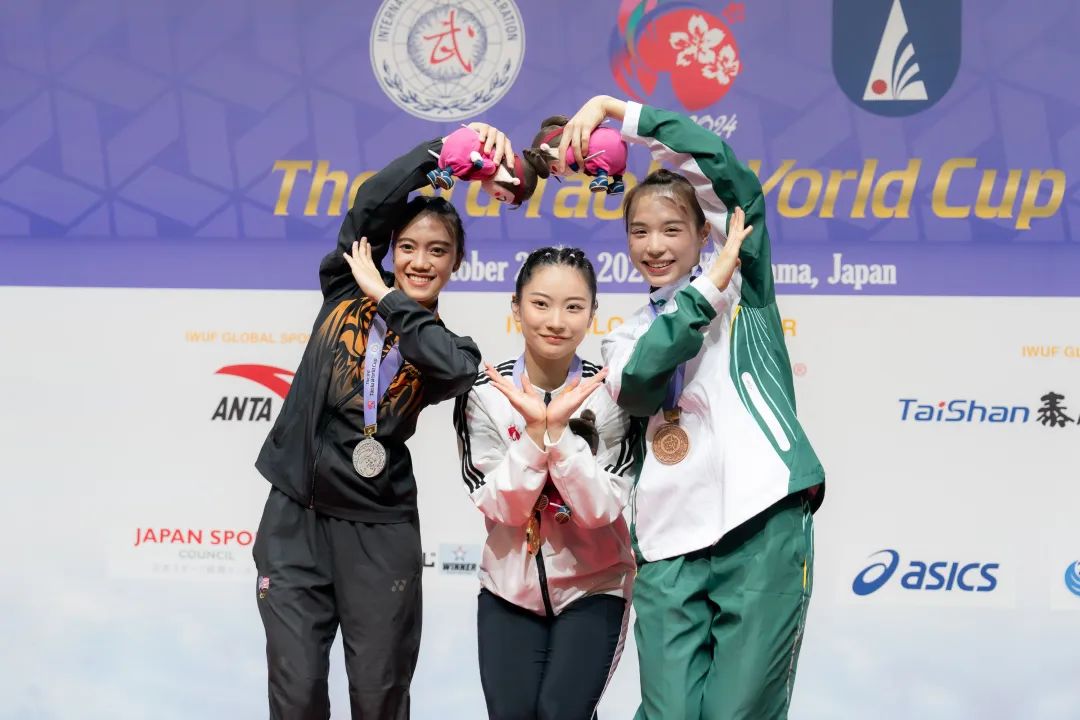
Men’s Taijiquan

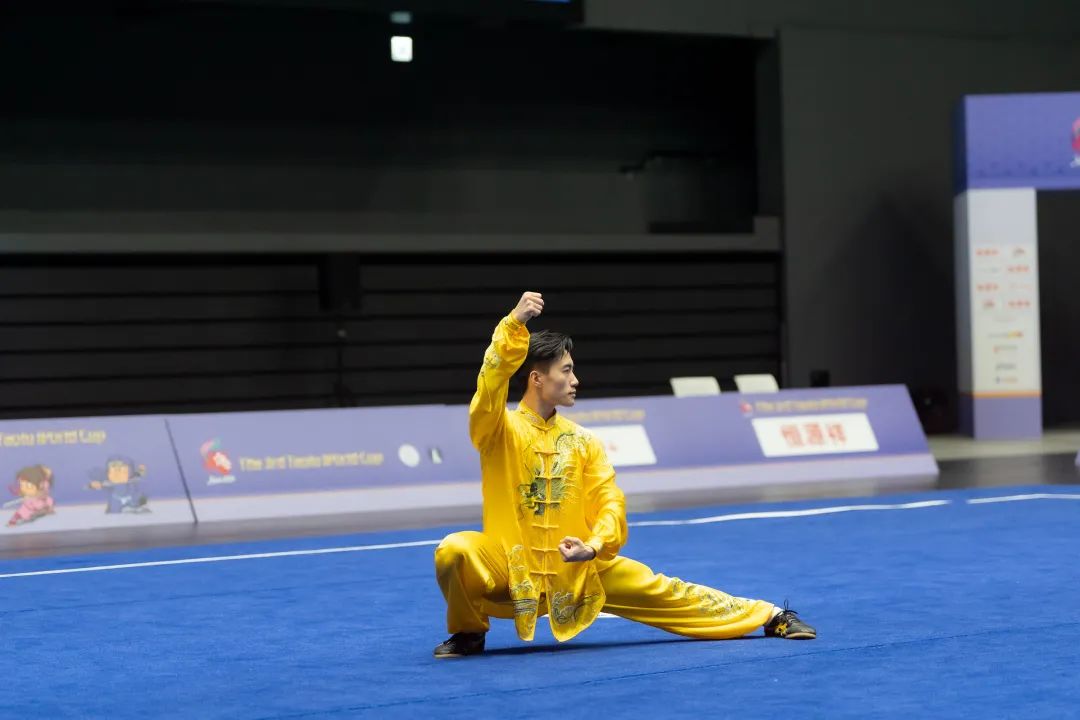
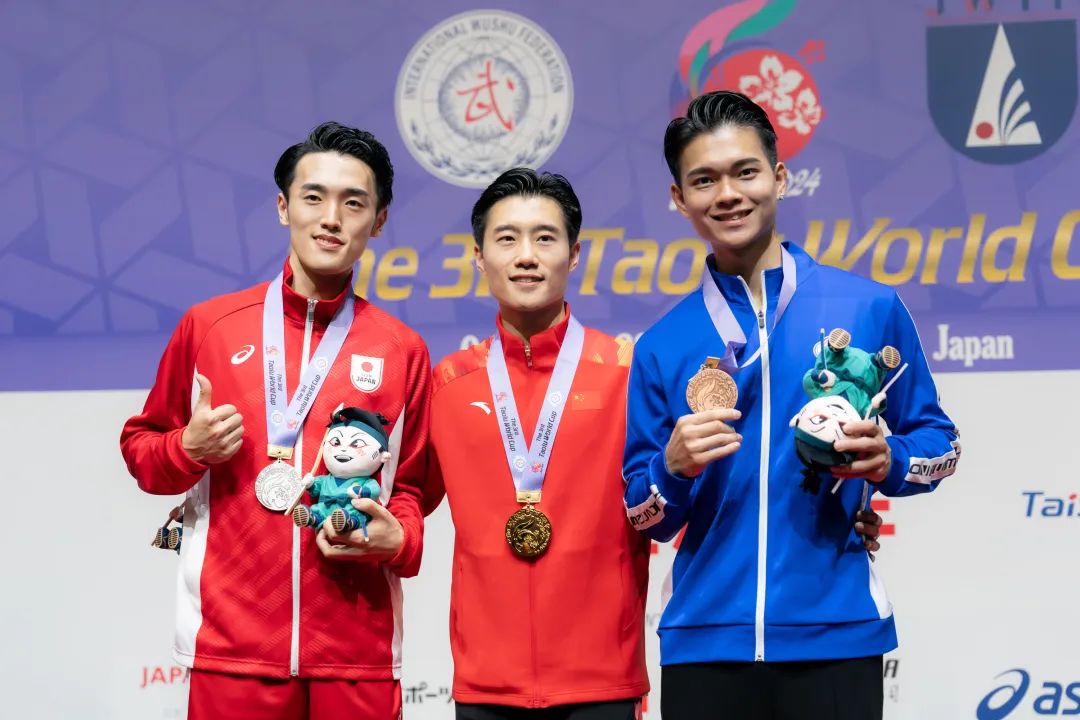
Women’s Duilian

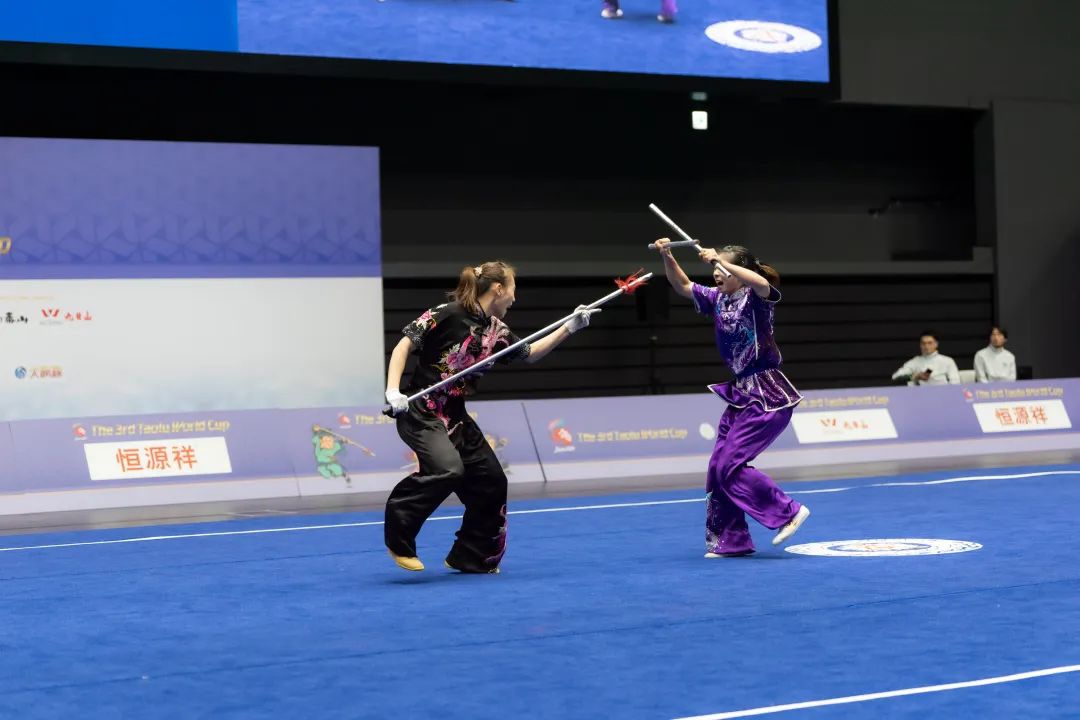
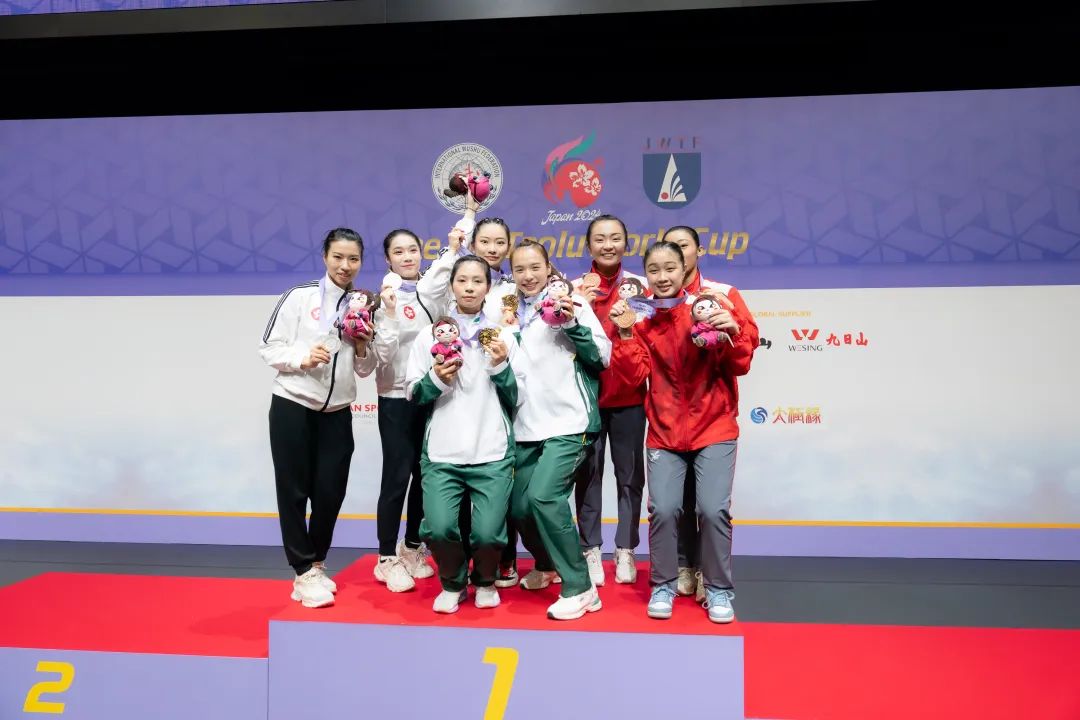
Men’s Duilian

